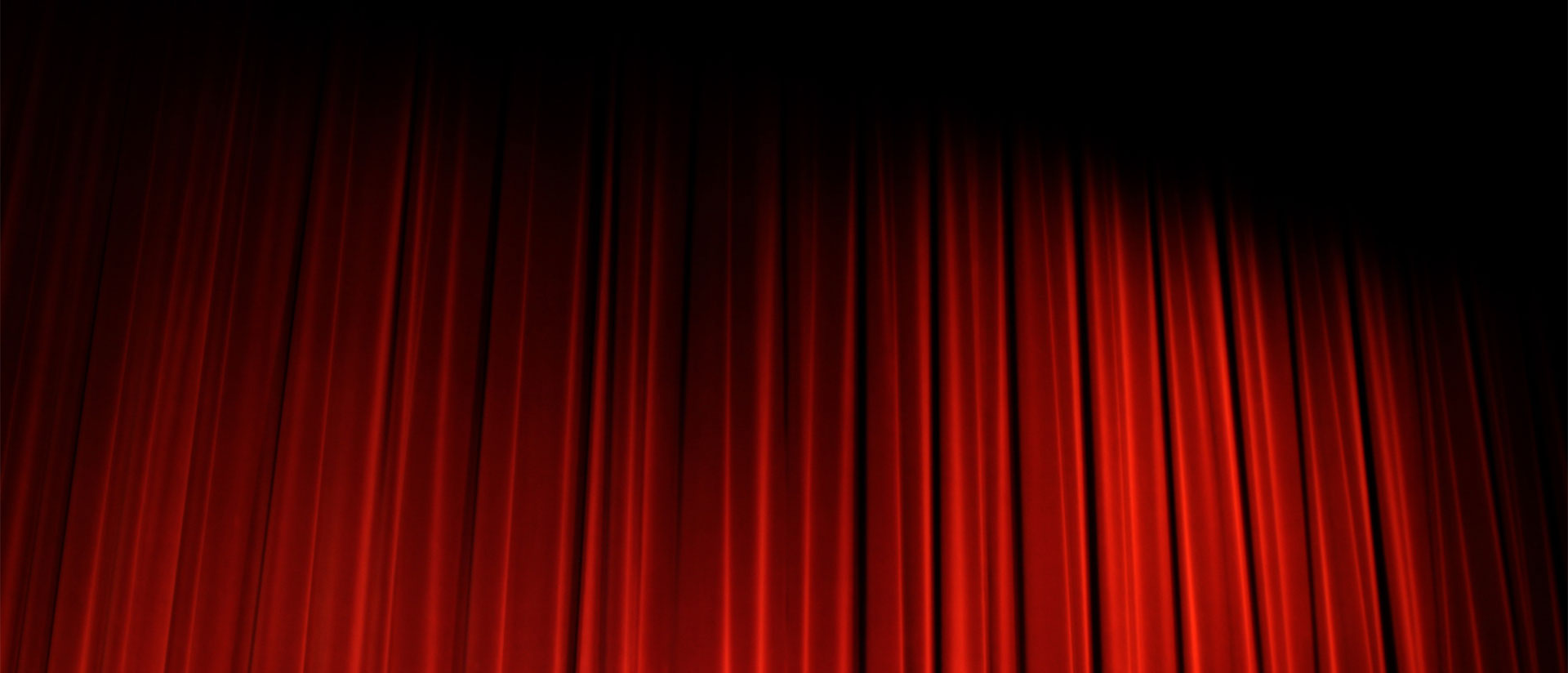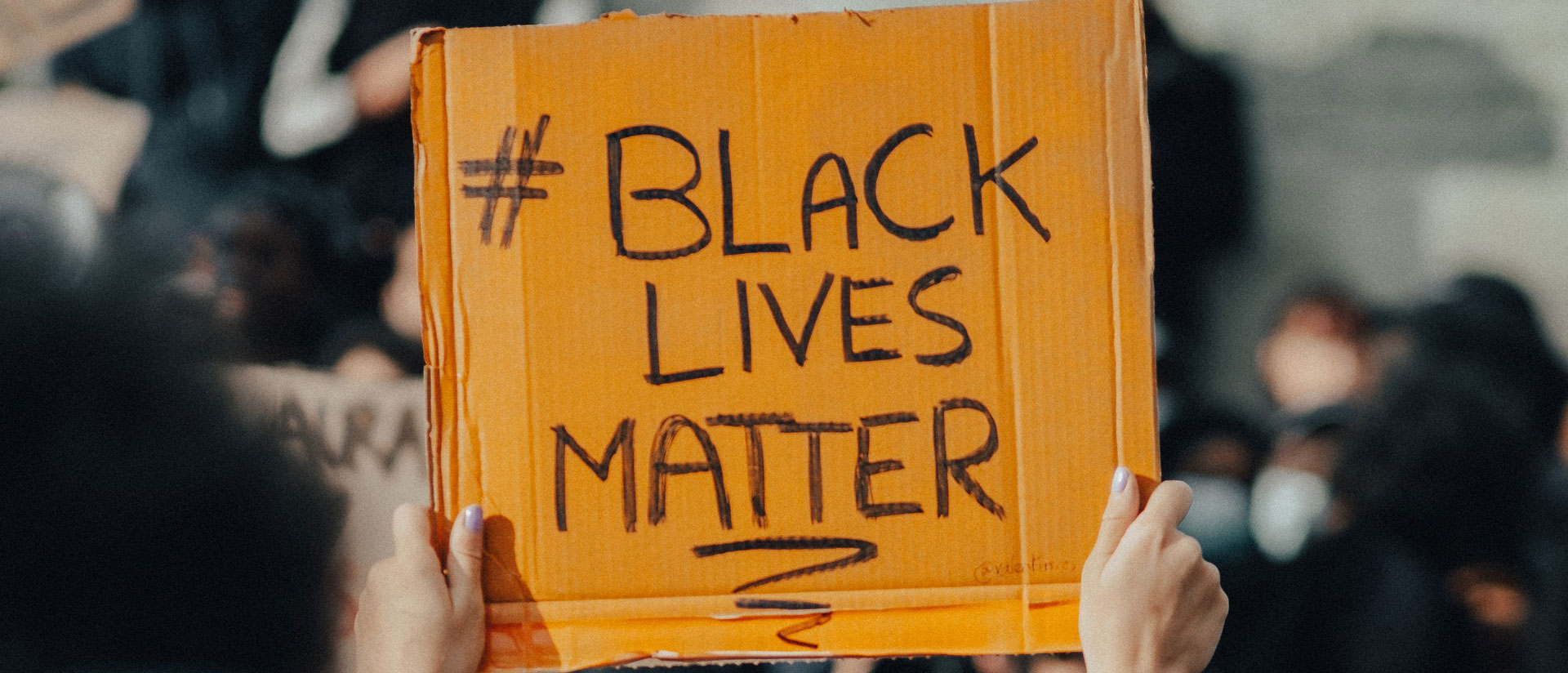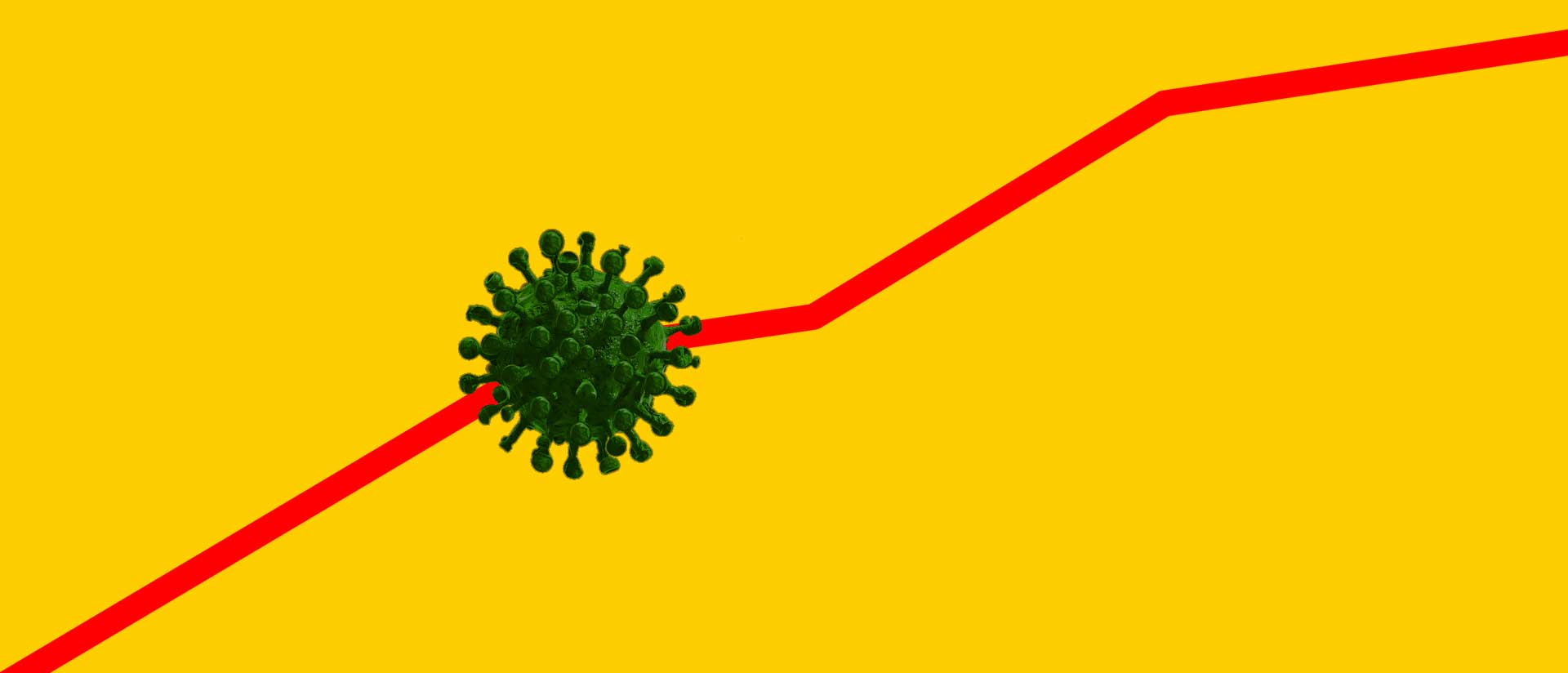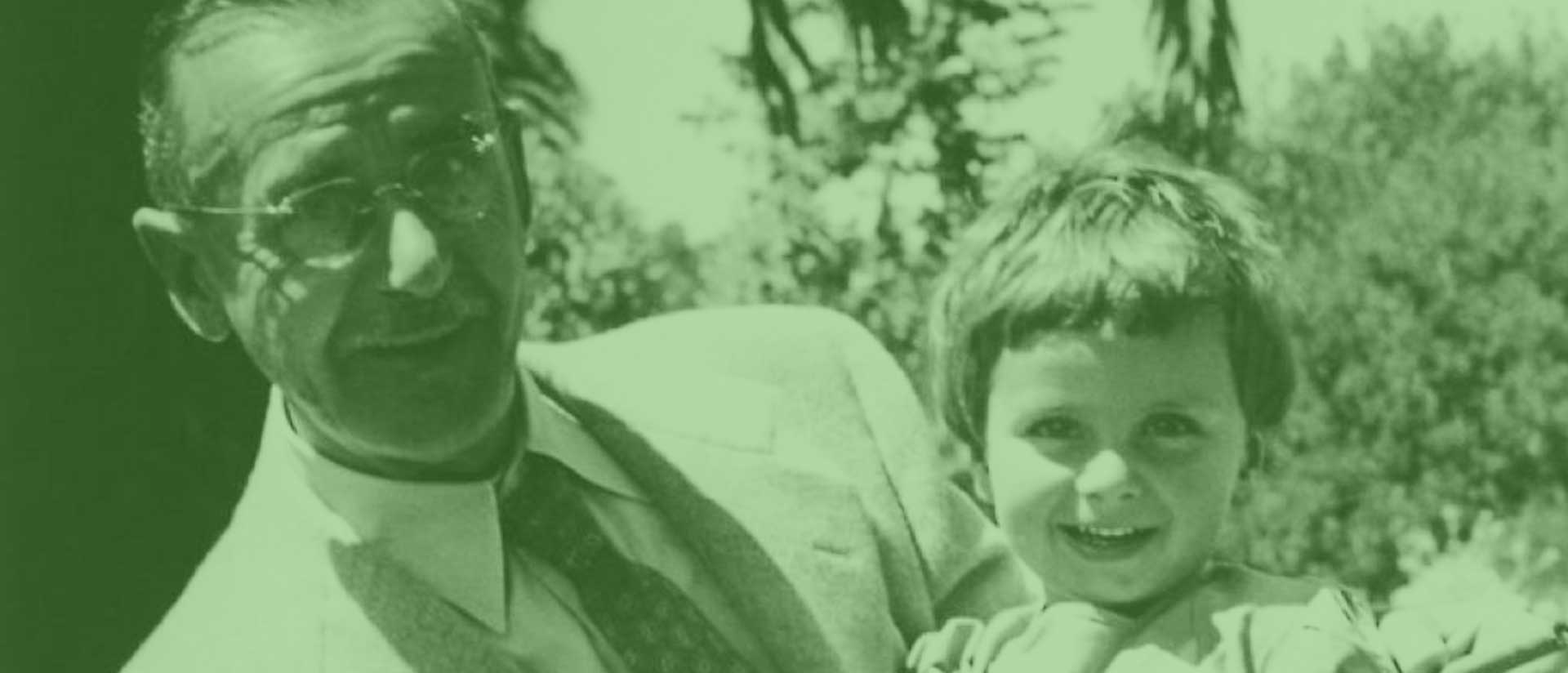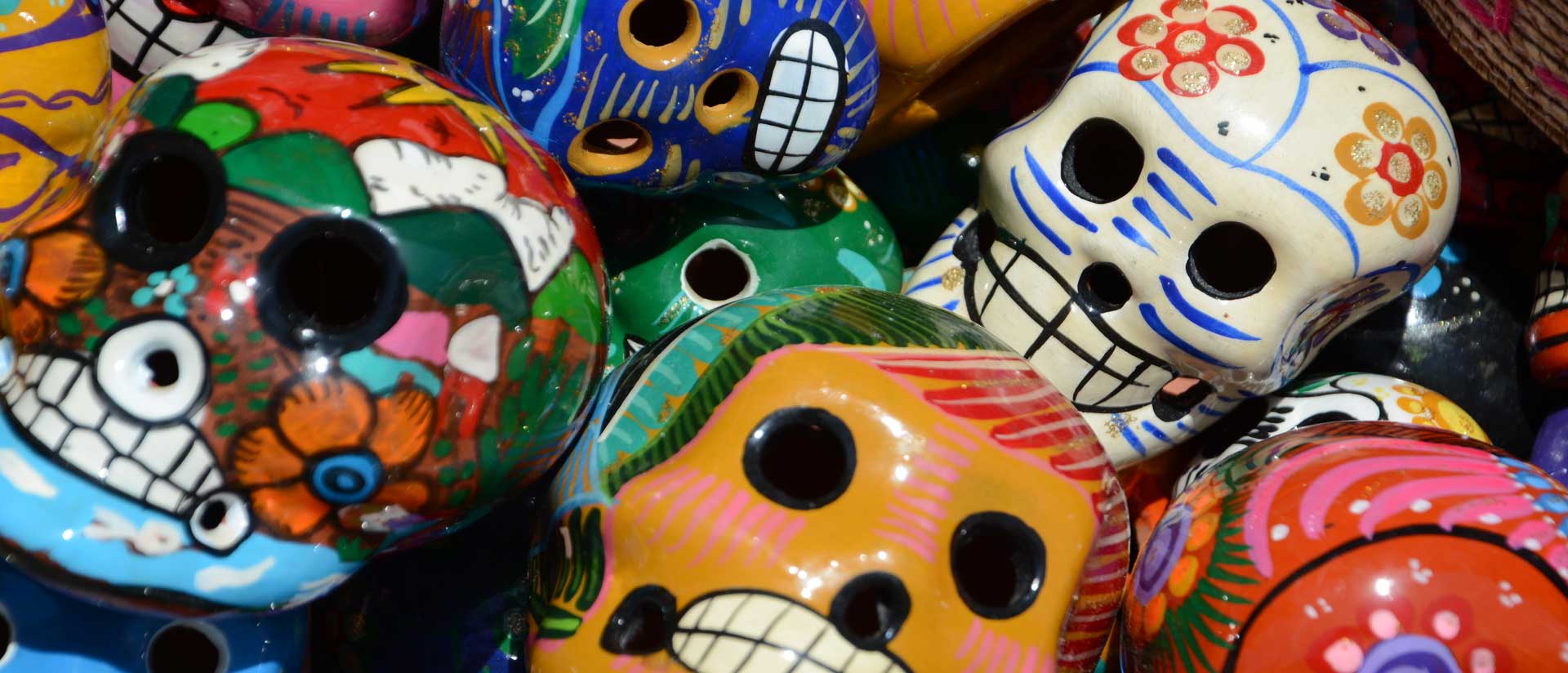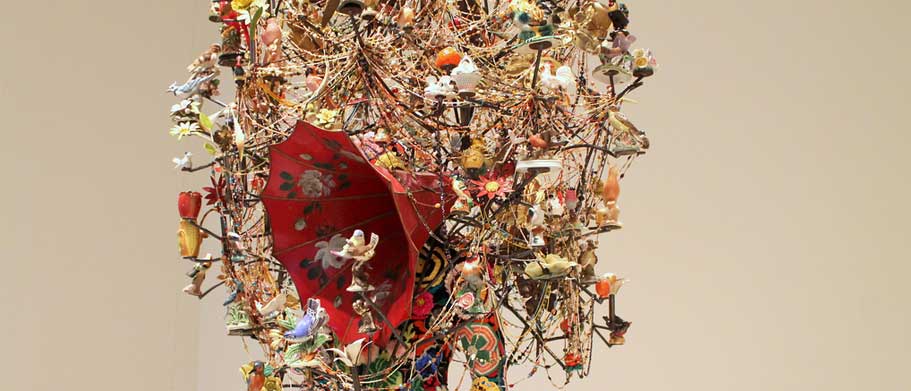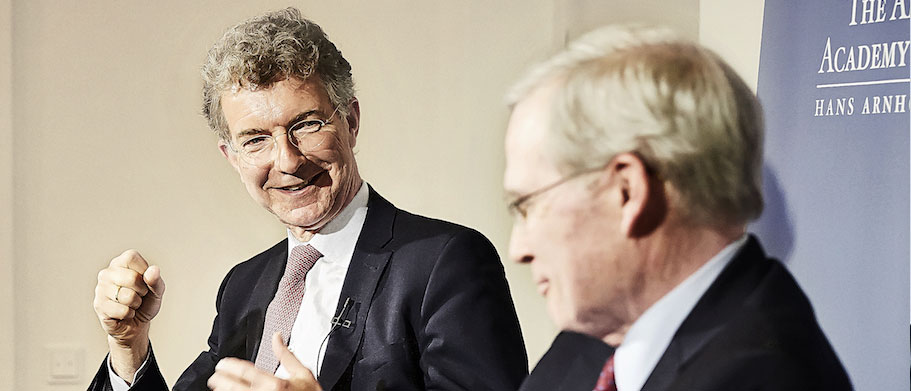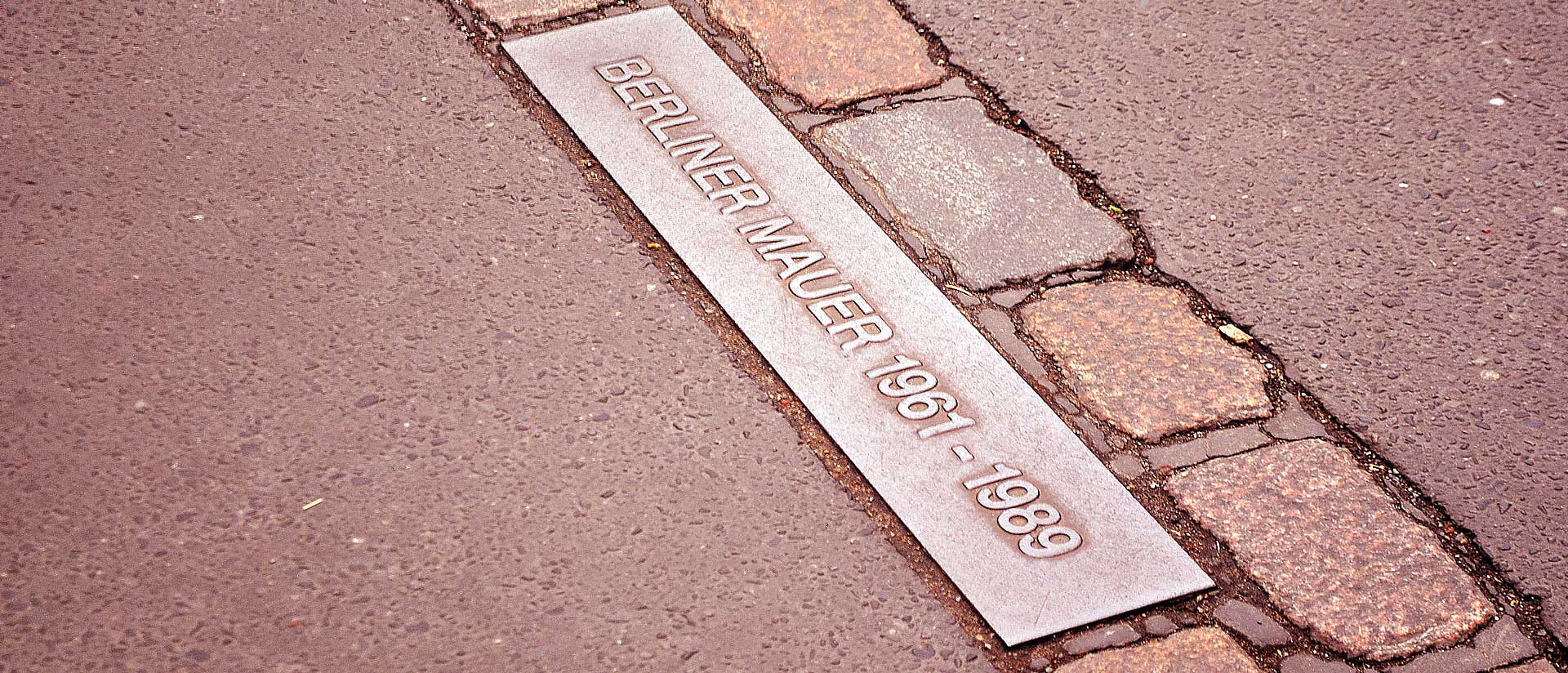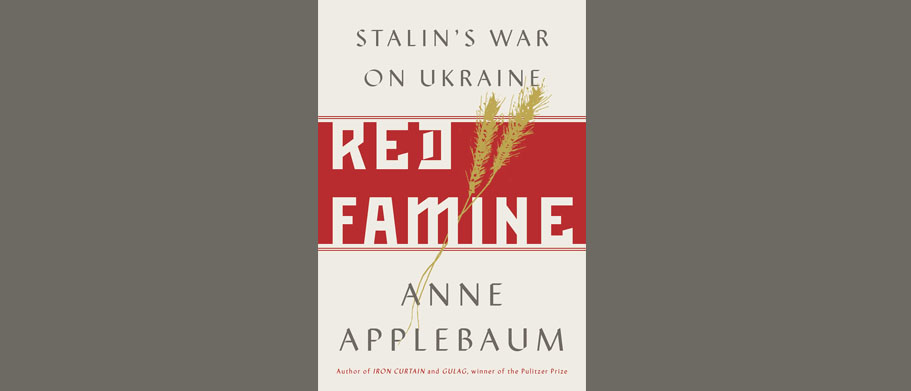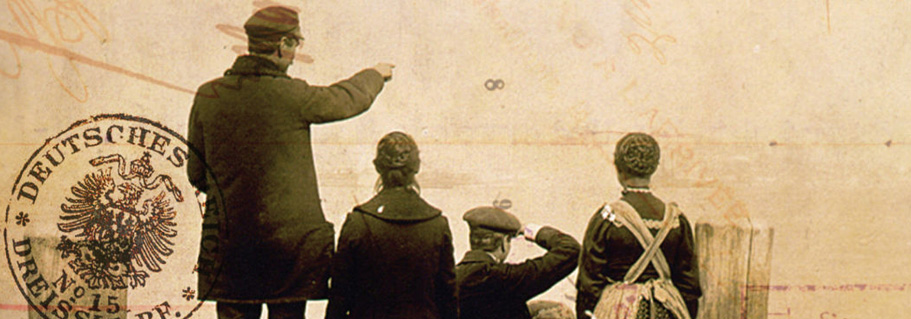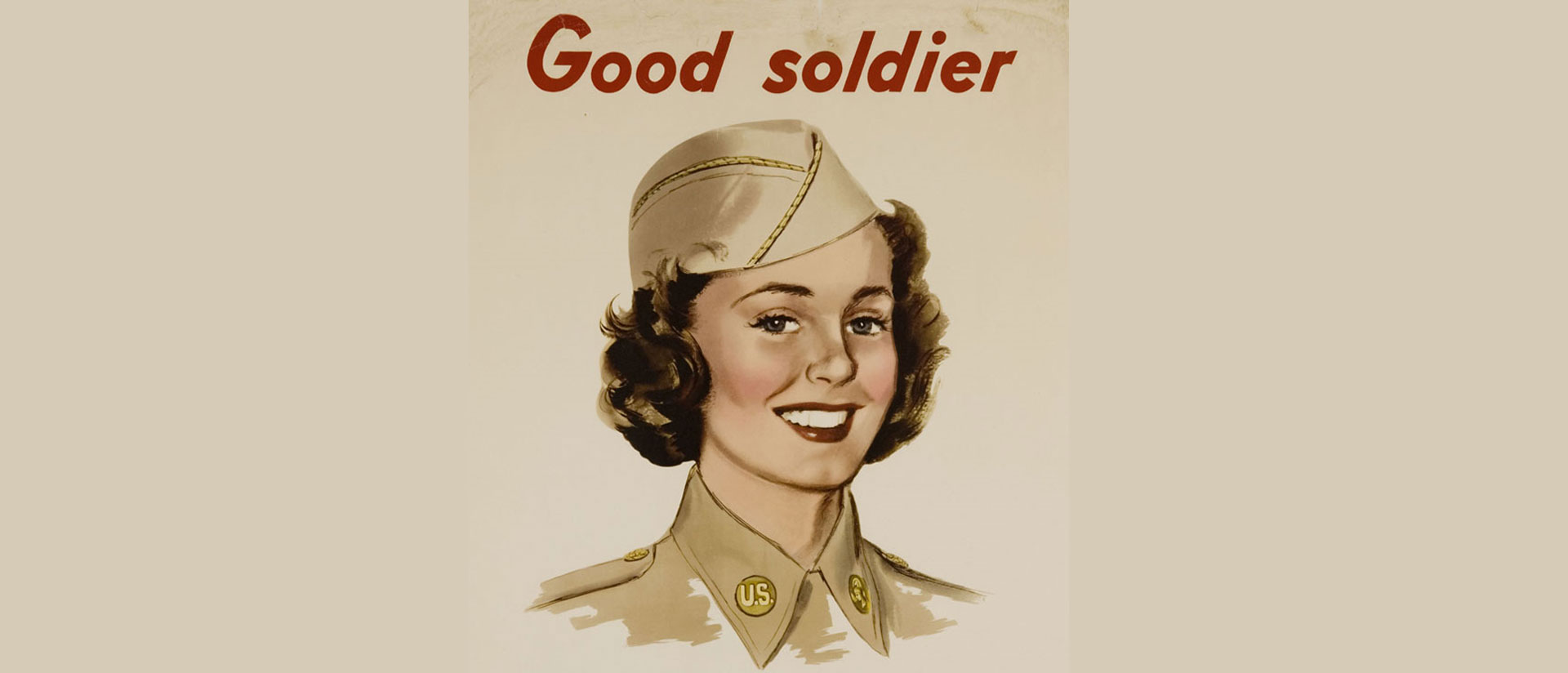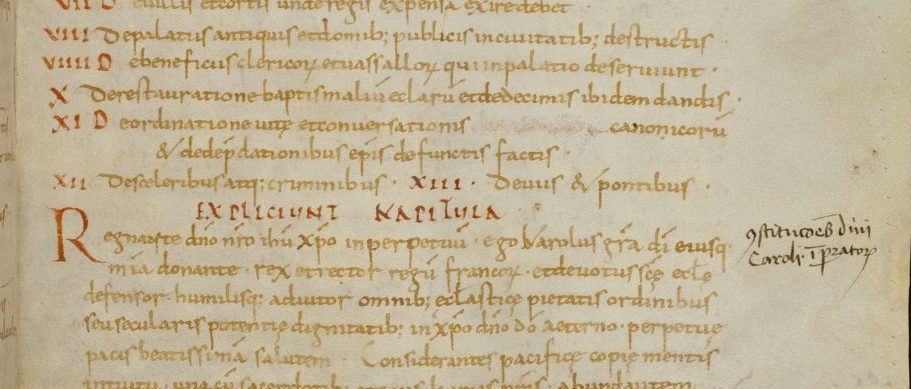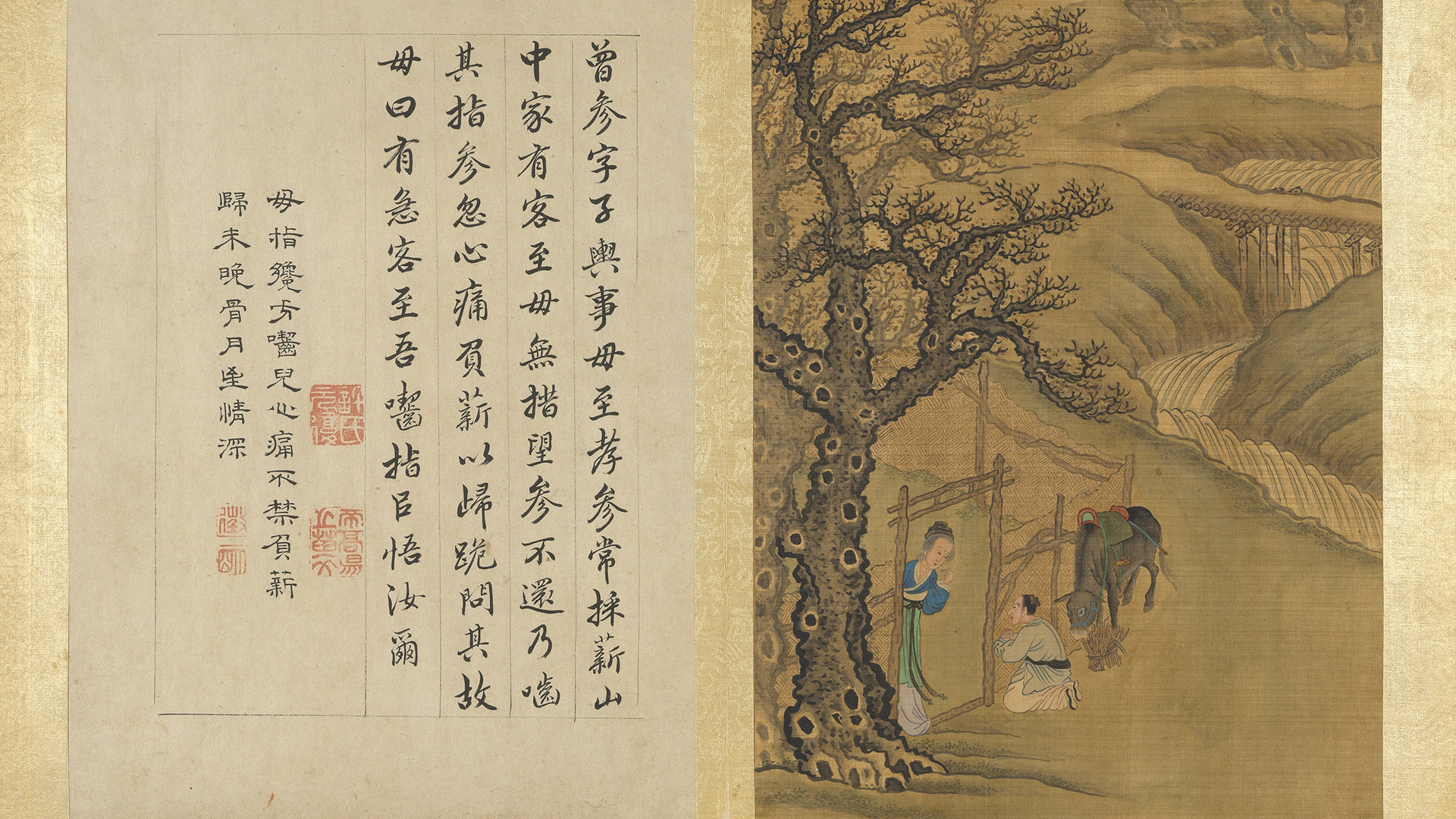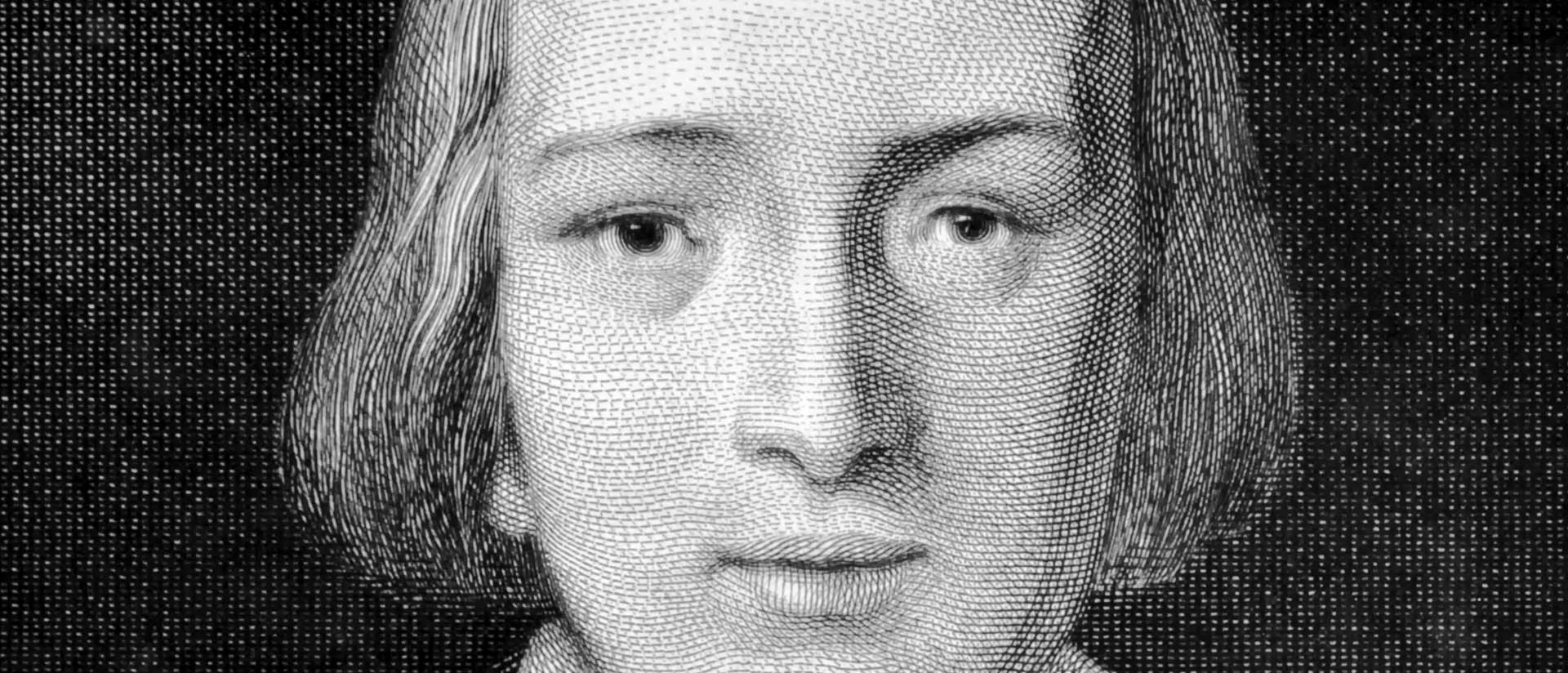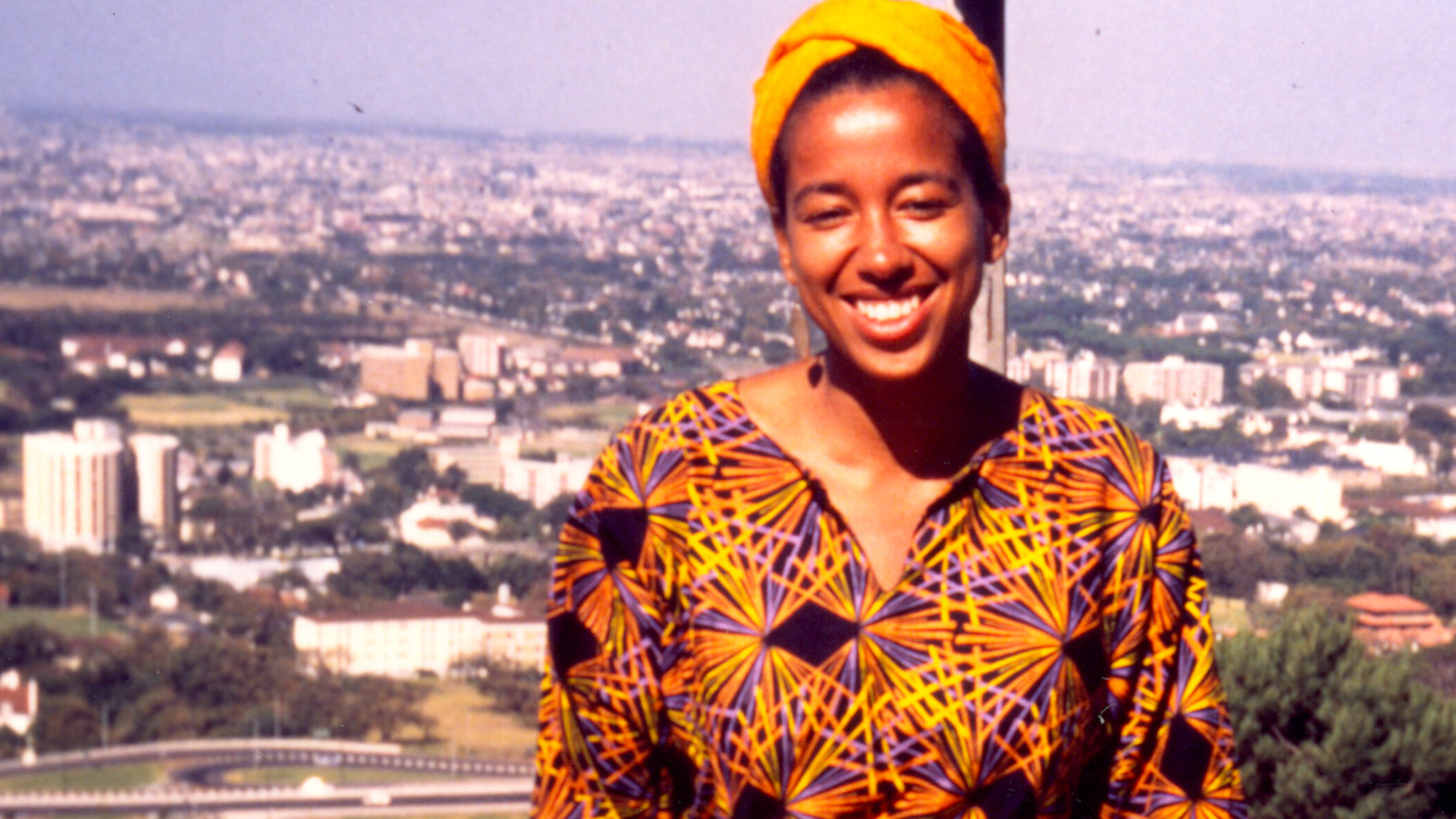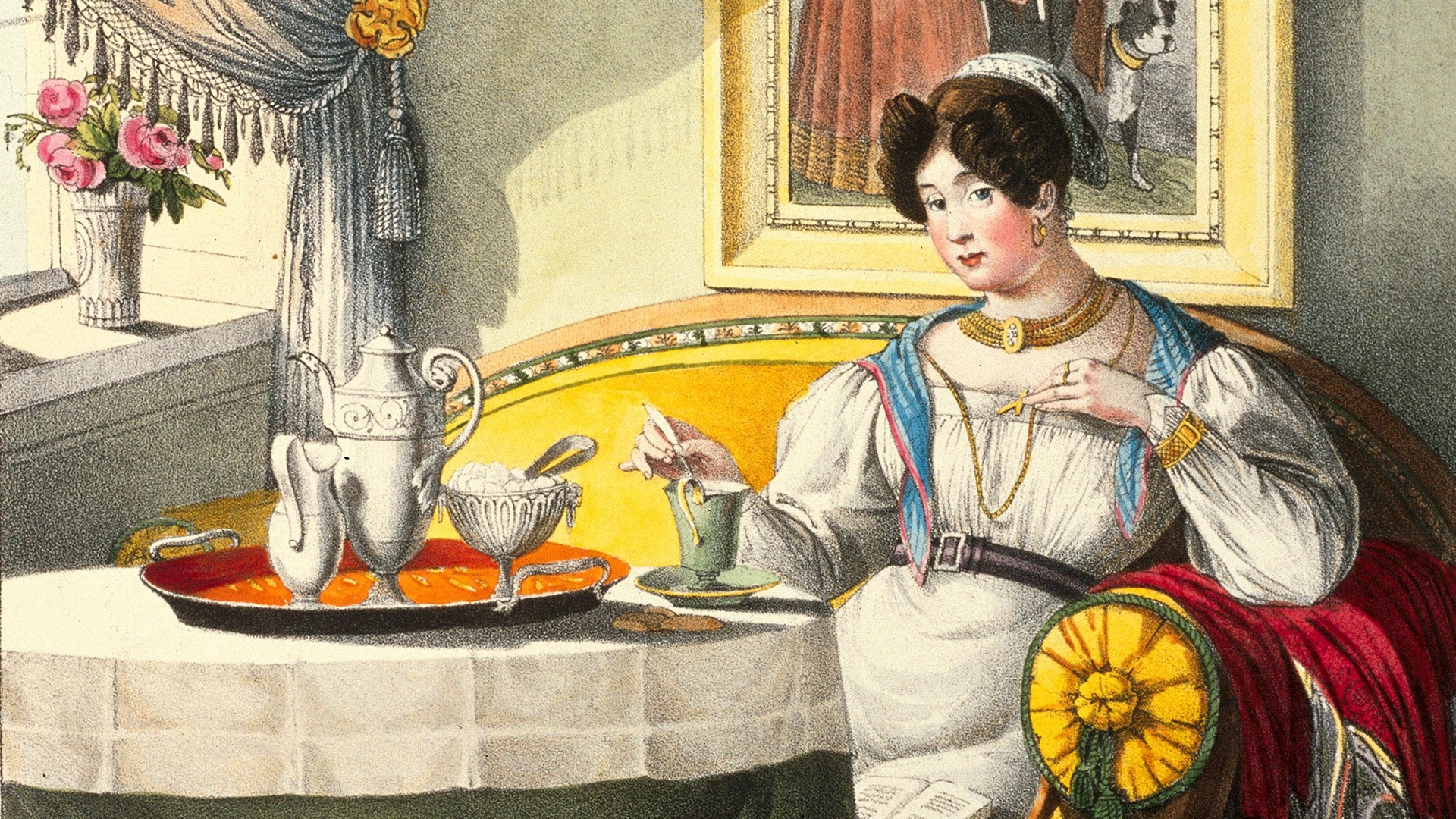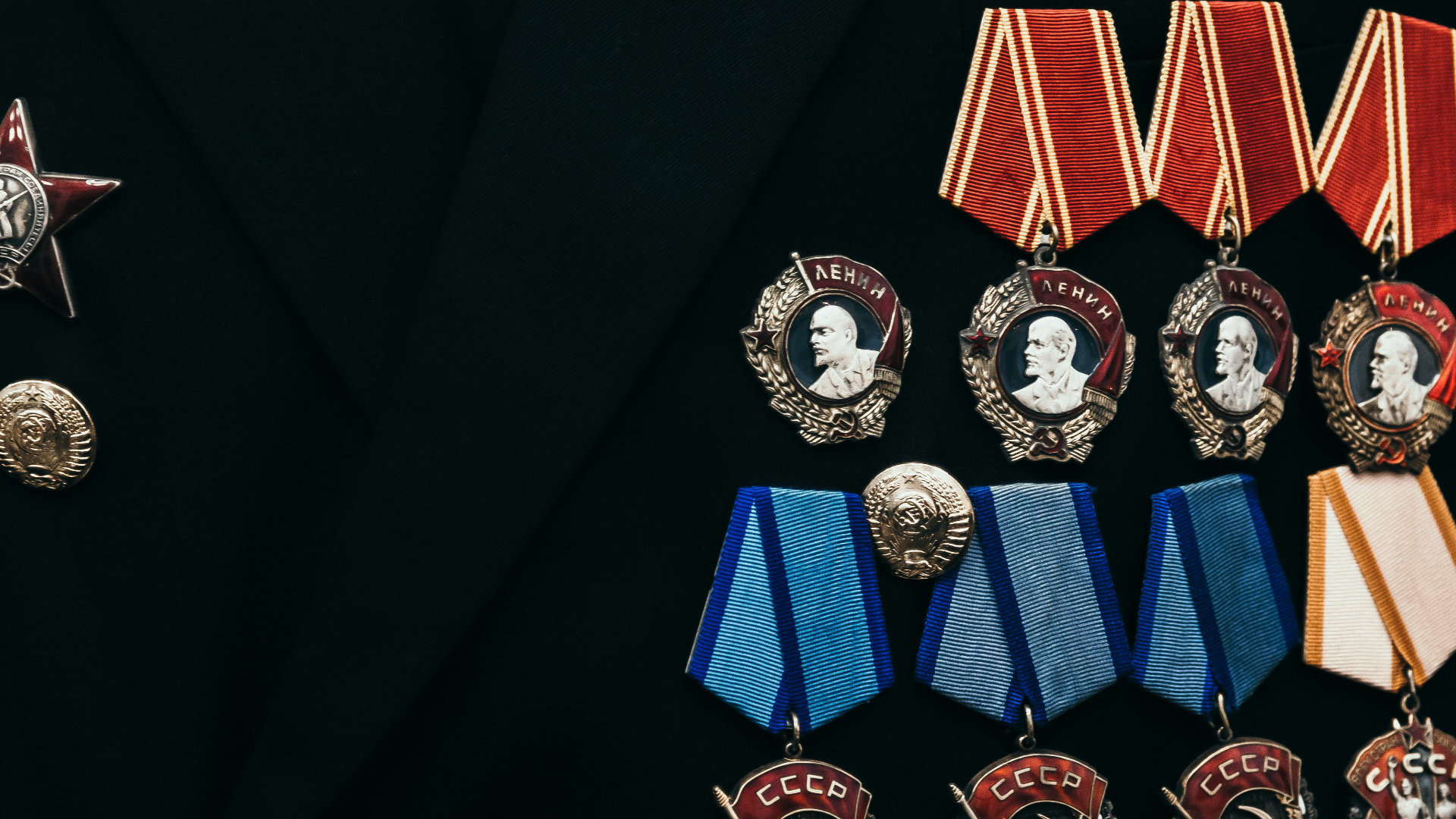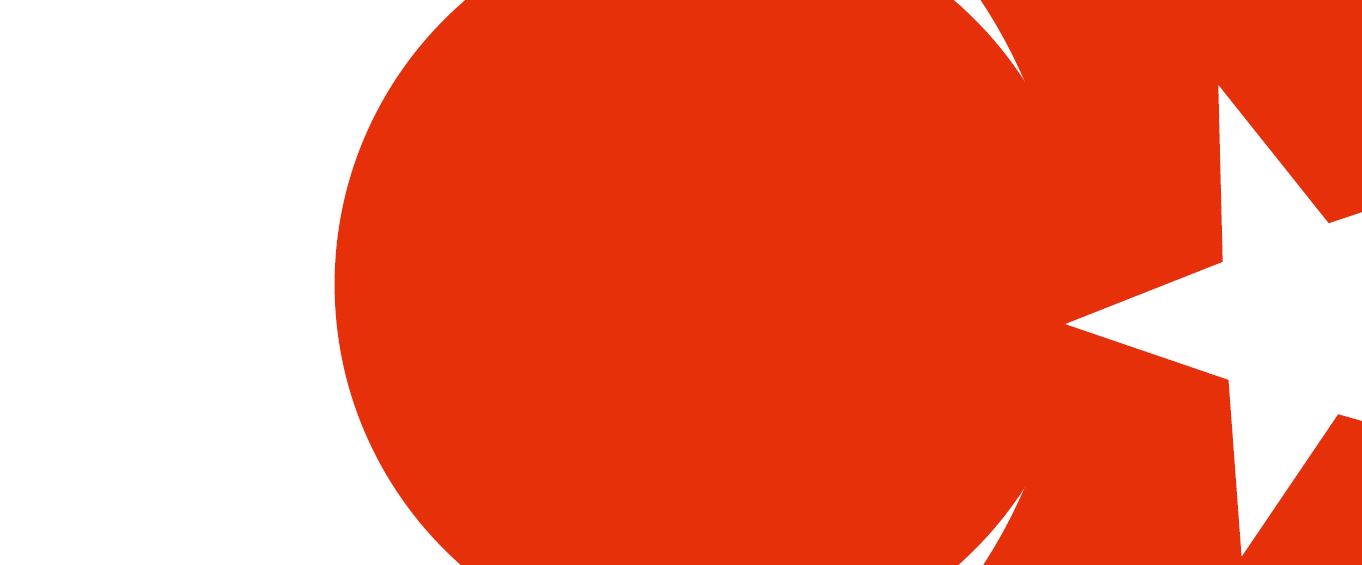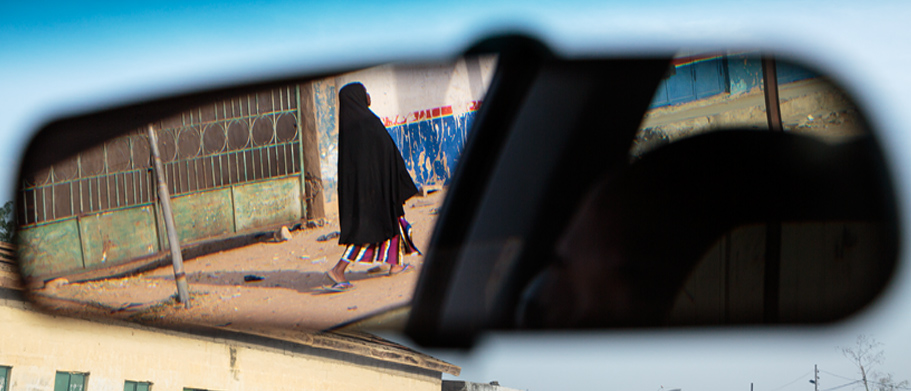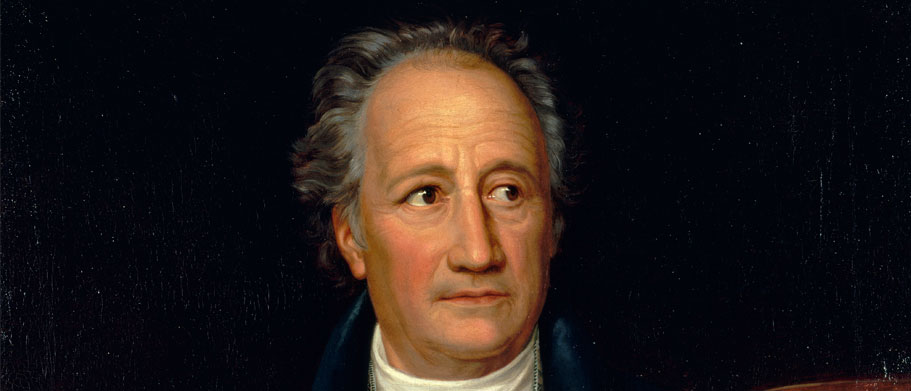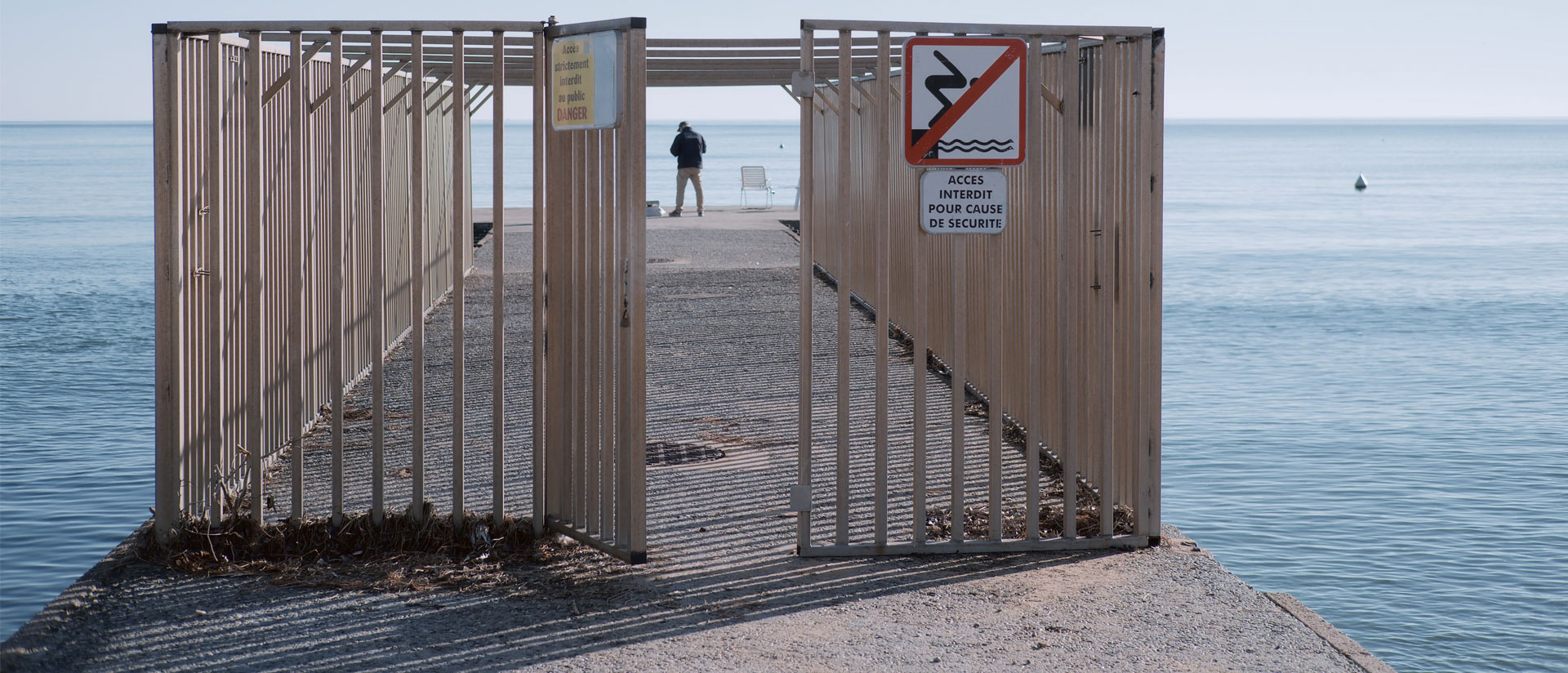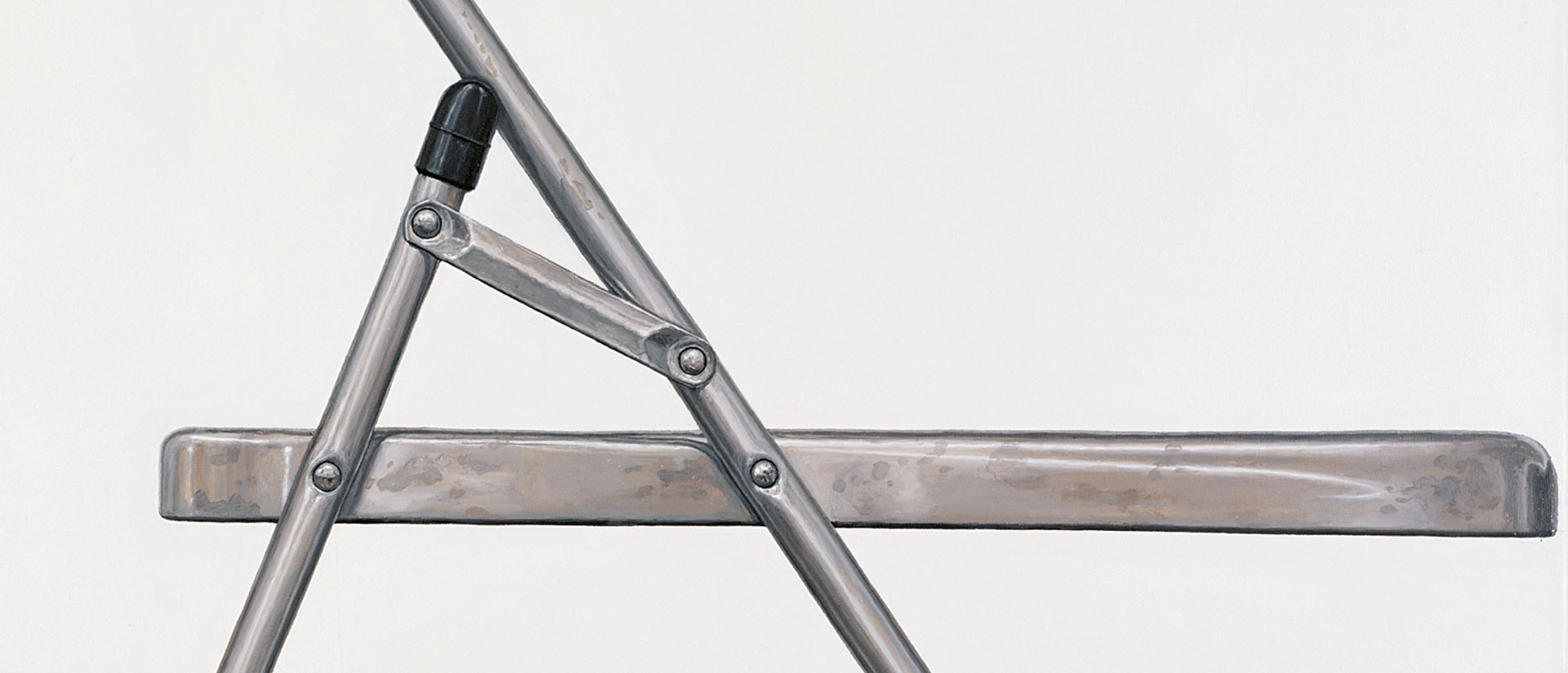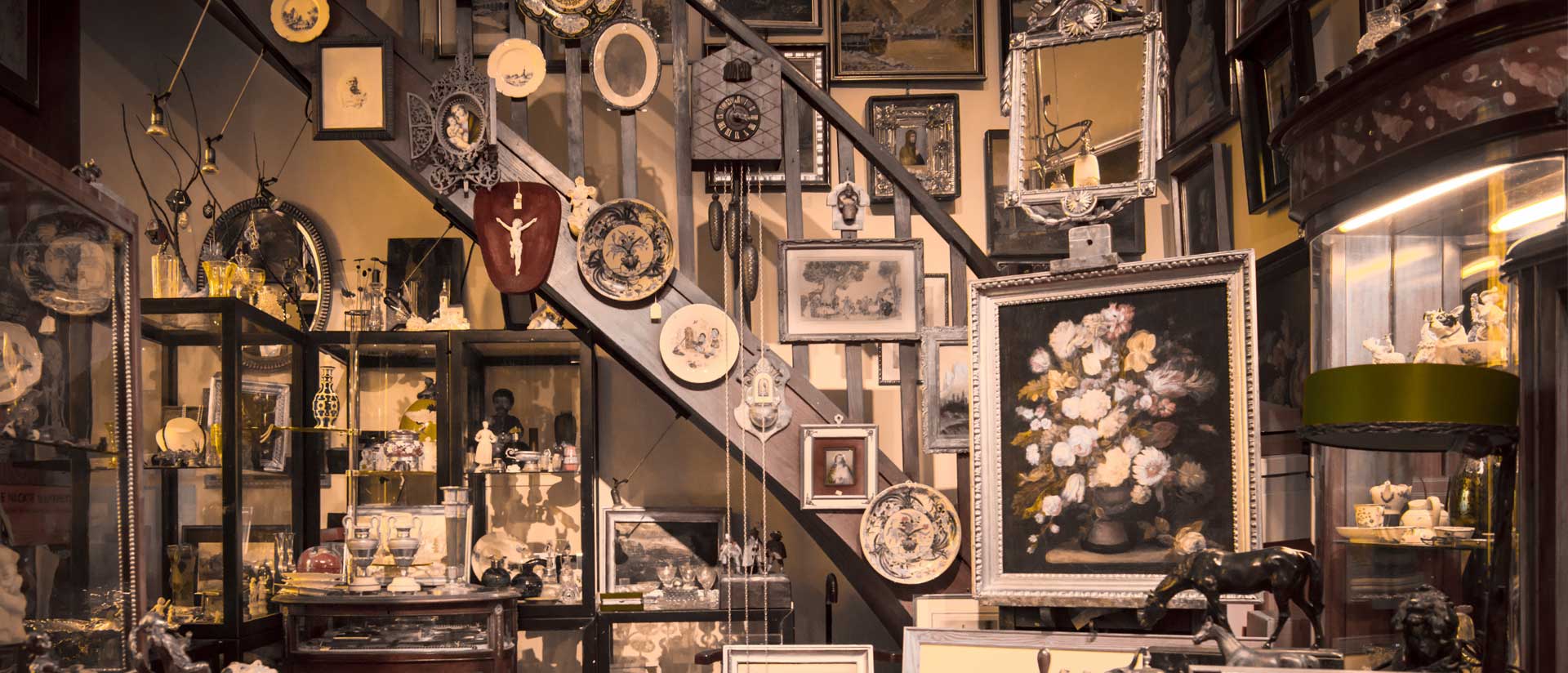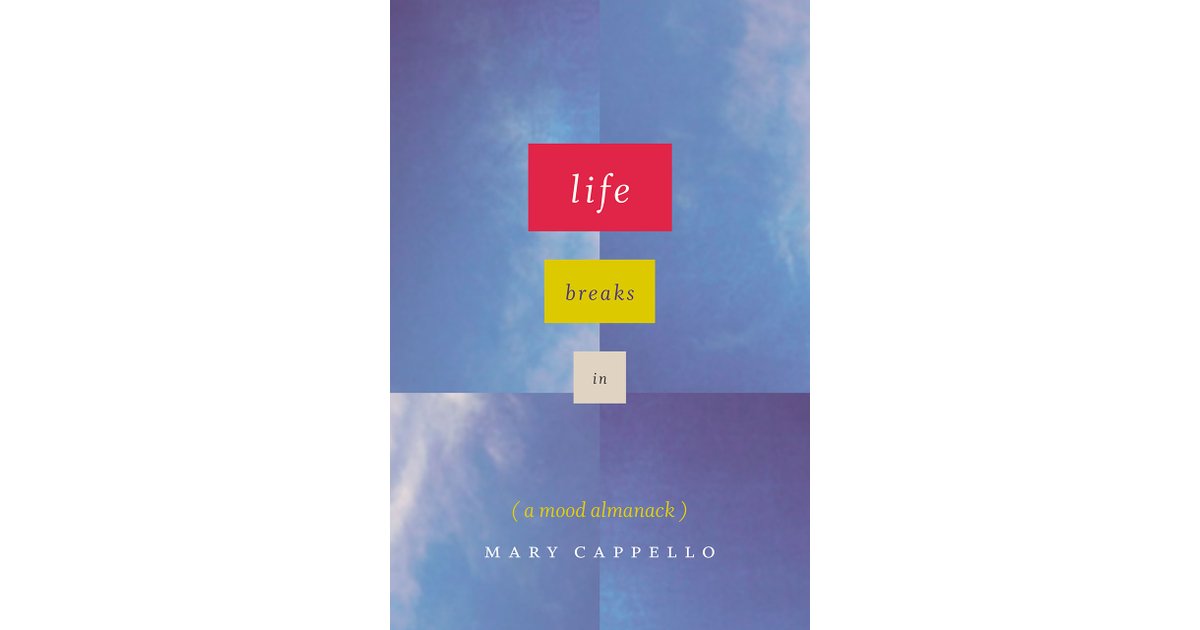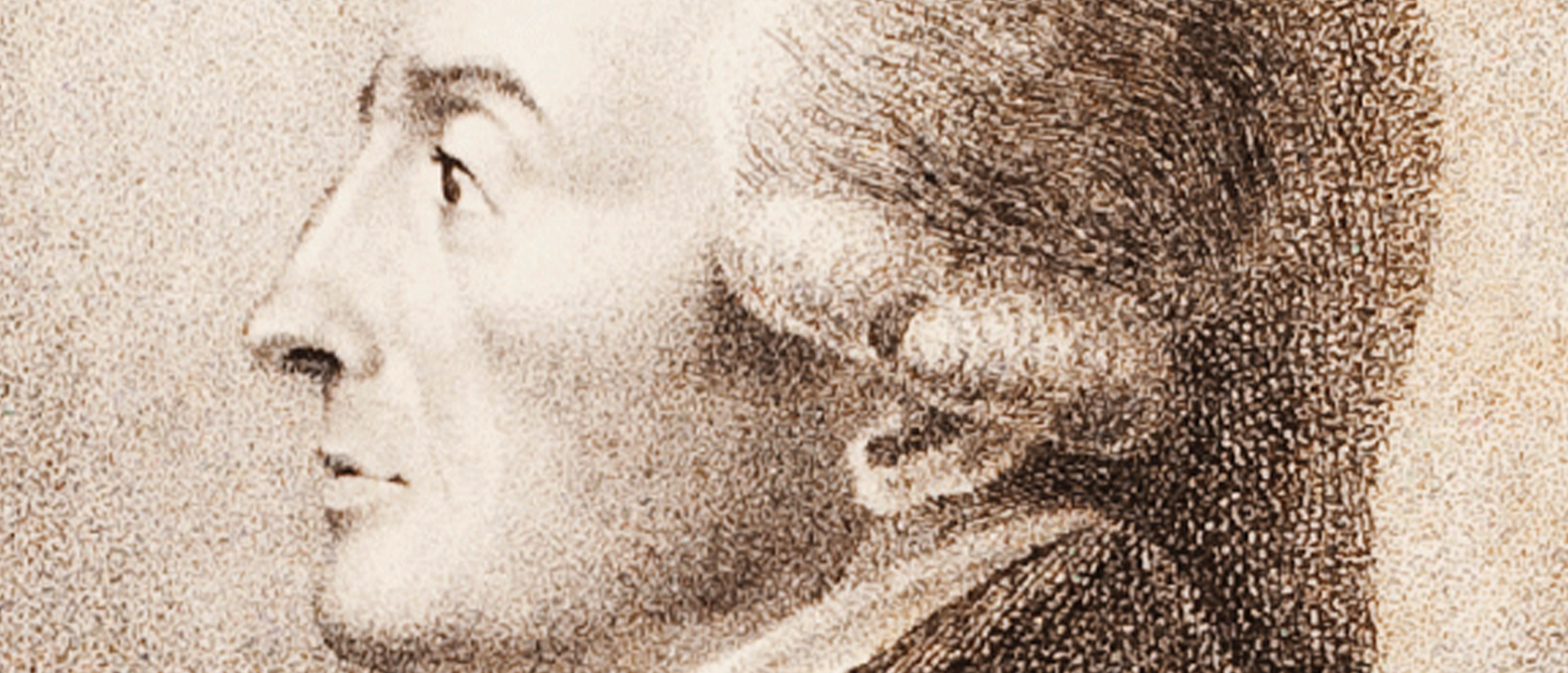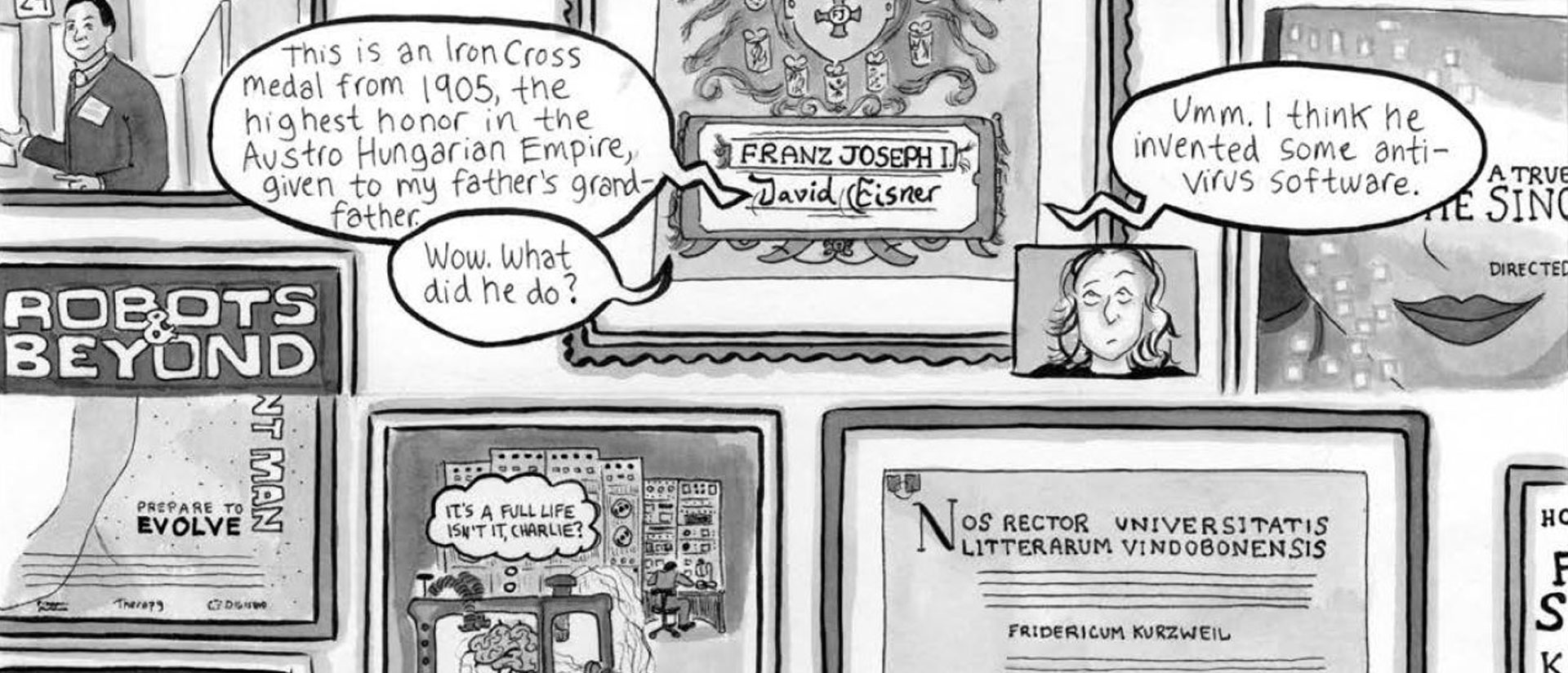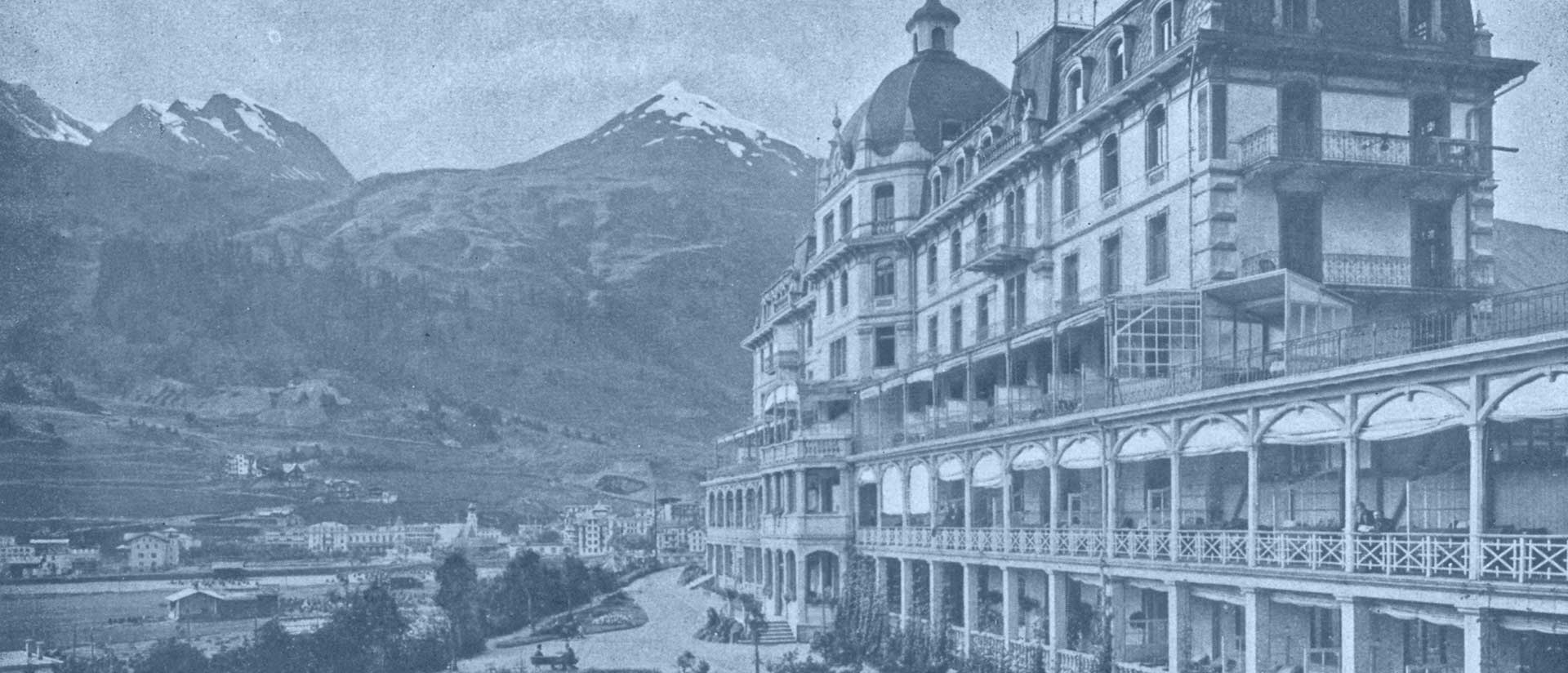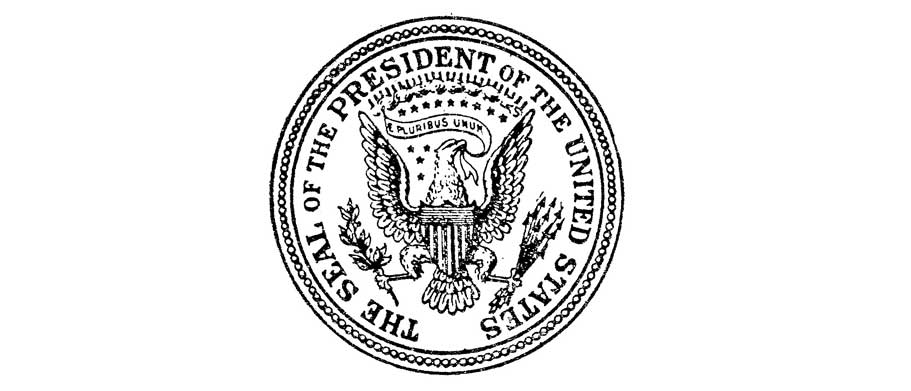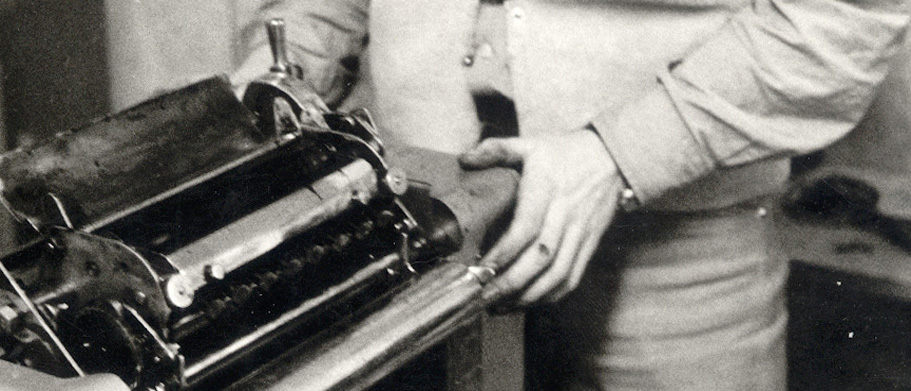
Culture and Revolution
Underground publishing in West Germany, circa 1986
by Timothy Brown
In June 1968, the American literary critic Leslie Fiedler gave a talk on postmodernism at Freiburg University. “Cross the Border, Close the Gap: The Case for Postmodernism” argued in favor of erasing the artificial distinctions between “high culture” and “pop culture,” sparking a fierce debate in West German literary circles. After the publication of Fiedler’s talk, in the weekly Christ und Welt—a second essay in the issue was entitled, tellingly, “Indians, Science Fiction, and Pornography: The Future of the Novel has already Begun”—the newspaper launched a series of “Fiedler Discussions,” in which various well-known writers and critics weighed in on the significance of Fiedler’s intervention.
Fiedler had been challenged during his talk by audience members who worried that his call for a literature of “myth, irrationality, dream, and ecstasy” was misguided, for reasons peculiar to the West German situation. “Only we who have again and again to wrestle with the phenomenon of National Socialism,” the poet Hilde Domin told Fiedler, “can actually grasp, how dangerous is what you have to say.” The novelist Martin Walser spoke in a similar vein, charging Fiedler’s talk with being “against enlightenment in the worst sense.” In the forum in Christ und Welt, in which the writer Peter O. Chotjewitz denounced Fiedler as a “counterrevolutionary,” Walser called for a “democratic, myth-destroying, courage-giving writing.” Unsurprisingly, the polymath writer and subcultural figure Rolf Dieter Brinkmann vigorously defended Fiedler in his contribution to the forum, in an essay provocatively entitled “Attack on the Monopoly: I Hate All Writers.”
The battle lines drawn in this debate cut across the entire field of the anti-authoritarian revolt that was spreading like wildfire in West Germany in 1968. The question of whether the turn to an exacerbated form of personal subjectivity and the deployment of images of popular culture represented a legitimate form of engagement, or whether it represented any sort of engagement at all, was of central importance to the subsequent development not only of literature and alternative publishing, but also of the antiauthoritarian political struggle itself.
It is worth noting that this distinctly West German firestorm was entirely a response to the penetration into the Federal Republic of influences from North America. The primary culprits in a Kursbuch piece by Martin Walser were countercultural prophets such as Tuli Kupferberg, William S. Burroughs, and Marshall McLuhan; imitators such as Brinkmann, Helmut Heißenbüttel, and Peter Handke, whatever their artistic shortcomings, were guilty primarily of the crime of trying to import the wrong America. Walser believed— incorrectly, as it happens—that the counterculture and the political “movement” in the United States were separate phenomena; in fact, they cut across each other in significant ways. Indeed, the American literary underground played a critical role in helping prepare the way for the rise of the generational revolt that underpinned the American and German student movements. Moreover, the literary output of the American underground was posed precisely against the market forces that otherwise conspired to push quality into the background.
In the same month that the “Fiedler debate” was raging in the pages of Christ und Welt, the writer and critic Hans Magnus Enzensberger opened up another front in the war over the status of literature in a seminal issue of Kursbuch. Famous for Enzensberger’s much-cited (and much misunderstood) announcement of the “death of literature,” the issue also contained an essay by Karl Markus Michel, who, in contrast to Walser, claimed to detect the traces of a new literary praxis in “pop and happenings and many forms of the subculture” and in the wall slogans and placards of the insurrectionary students in the recently passed Paris May. Of greater impact in the debate was Enzensberger’s essay in the volume, which called into question the very “usefulness” of literature altogether. Diagnosing a situation in which literature had developed a function as a “safety valve” Underground publishing in West Germany, circa 1968 by Timothy Brown fall 2016 · thirty · the berlin journal 27 that decreased rather than increased the impetus toward political action, Enzensberger claimed that literature had lost the social or political relevance it once held.
Enzensberger’s provocative remarks came at a time when literary practice was already changing to accommodate the perceived need for greater social relevance. The advent into literature of the “68er-Generation” (a misnomer, since the New Left literary project was very much a multigenerational affair), was marked by a rejection of earlier models of politicization. Or perhaps it is better to say that earlier models of politicization came to seem increasingly out of step in the overall climate of radicalization from the mid-1960s.
This trend played out in pronounced form around one of the primary vehicles of “political writing” in the postwar period, the legendary Gruppe 47. An informal writing circle whose membership included a veritable who’s who of postwar German letters, Gruppe 47 played host to a number of writers—Hans Magnus Enzensberger, Uwe Johnson, Peter Handke, Reinhard Lettau—associated with the radical turn in West German literature. Yet the group itself and, in particular, the iconoclastic author Günter Grass, increasingly came under attack from those who advocated a more thoroughgoing politicization of literature. Ulrike Meinhof ’s well-known piece in the magazine konkret, which accused the group of having been left behind in its politics to the extent that it had become a tool of the ruling class, helped lend weight to the critical tone.
Attempts to stake out new vistas of social relevance for literature—such as in the “documentary turn” of Peter Weiss, F. C. Delius, and Günter Wallraff, which drew on transcripts and reportage— came up against the hard reality that literary production took place within the larger sphere of capitalist production, a fact that rendered problematic any claims for a revolutionary literature. Enzensberger had highlighted this problem in his essay in Kursbuch 15, which emphasized the ever-growing ability of modern capitalism to commodify art and destroy its revolutionary potential. “Through industrial detours, via advertising, design, and styling,” he wrote, “[literary interventions] wind up sooner or later, mostly sooner, in the consumer sphere.”
Almost simultaneously, the “Culture und Revolution” working group in the Berlin Sozialistischer Deutscher Studentenbund (SDS) weighed in on the debate with a piece in the leading weekly Die Zeit. Entitled “Art as a Commodity of the Consciousness Industry,” the essay elaborated on the questions posed by the status of the literary product as an item of capitalist consumption. A central theme had to do with the role played by production and distribution; if the goal of left-wing authors and publishers alike was to develop a “revolutionary” literature, there was also a general recognition that capitalist relations had embedded themselves in the very production of literature itself. “A large number of the titles collected [in the 1966 edition of the Bibliography of Revolutionary Socialism] were difficult to access,” wrote SDS leader Rudi Dutschke, in his introduction to the 1969 edition. “The situation has partly improved since then, above all through anarchist bootleg-production, and through the activity of the presses that have been integrated into, or created by, the movement itself, but also through the bourgeois publishers hoping to enlarge their market.”
“Bourgeois publishers” did play a major role in expanding the left–literary sphere in West Germany, maintaining their preeminence until, and to an extent after, the advent of the radical left’s own presses toward the end of the decade. Major presses such as Suhrkamp and Rowohlt were quick to develop specialty imprints aimed at a leftist student audience. Dutschke himself was published in Rowohlt’s “ rororo aktuell” paperback series, as was student leader Daniel Cohn-Bendit. Publishers such as Fischer, Kiepenheuer & Witsch, Melzer, Europäische Verlagsanstalt, Rainer Langhans of the Kommune 1 at the printing press. Photo courtesy of Archiv Rainer Langhans. 28 the berlin journal · thirty · fall 2016 Deutscher Taschenbuch Verlag, and Luchterhand all were involved in publishing for the student left. A glance at the titles available in the crisis year of 1968—texts by the major Third World revolutionaries (Che, Fanon, Ho Chi Minh), major New Left thinkers such as Marcuse, up-to-the-moment works on the student unrest in France, treatments of the controversy around the Springer press monopoly and on the student movement itself—indicates the heavy involvement of the major presses in helping to create the left publishing sphere in West Germany in the late 1960s.
But this wide availability of texts was a double-edged sword. Many saw in the pronounced role of the mainstream press an act of capitalist recuperation that sold the left back its own ideas—much the way Thomas Frank’s Conquest of Cool (1996) pointed out how American advertising catered to hippies—robbing those ideas of their subversive potential. In terms of content and style, the publishing programs of the major houses were seen as incursions into the territory of the anti-authoritarian movement. “The new Luchterhand typescript, the Sammlung Luchterhand, the low-priced Basis books of the Europäische Verlagsanstalt,” noted a 1971 essay by Peter Götz von Olenhusen, “[and] countless paperback editions from Suhrkamp of the Rowohlt paperback texts of socialism and anarchism, are all examples of borrowing from the programs of the bootleg publishers.”
Then as today, for authors with the opportunity, publishing with large presses offered many advantages, not least the promise of money and the possibility of reaching a large audience. Yet, as Rudi Dutschke experienced when he had to defend himself against charges that he had “sold out” by publishing with Rowohlt, the struggle over who had the right to speak for the Left cut to the heart of the antiauthoritarian revolt. As the Ça Ira press put it at the time:
What is being communicated (our criticism) is more and more determined by the means of communication. We can be “revolutionary,” print, write, talk, whatever we want: the machine (the bourgeois publishers, marketing organizations, printers, etc.) absorbs everything, makes it into [mere] decoration, quickly exploits it: our words must mean something in practice! That means, that we must switch over to self-organization, if we don’t want our critical stance to become just a higher form of nonsense.
This question of self-organization, one of the key motifs of the entire 68er project, was central to the initiatives enacted in the wake of the Frankfurter Buchmesse of 1968. It had been taken up at the Buchmesse by a group calling itself the Literaturproduzenten (literature producers). Founded by Jörg Schröder, Frank Benseler, Walter Boehlich, and Lothar Pinkal, the group took its inspiration from Walter Benjamin’s famous essay “Der Autor als Produzent” (The Author as Producer). In that essay, accessible only some thirty years after its genesis in a talk of Benjamin’s in Paris, the Marxist philosopher problematized the notion of literature as a value-free sphere of knowledge, arguing that it was capable of “assimilating, indeed of propagating, an astonishing amount of revolutionary themes without putting into question its own continued existence or that of the class that owns it.” In this spirit, the Literaturproduzenten demanded a democratization of the administration of the Buchmesse and mooted plans to organize a Messerat.
Calls for democratization and self-management were met by the establishment of “authors’ advisory committees” at Luchterhand, Suhrkamp, and other publishing houses, while at Bertelsmann, authors and editors founded the socalled AutorenEdition (Authors’ Edition), a line of publications run democratically and collectively by the authors and editors themselves. The founding of the Verlag der Autoren (Authors’ Press), in March 1969, by editors at Suhrkamp, who felt themselves no longer able to reconcile the discrepancy between the content of the publications and the capitalist relations that governed their production, represented a logical extension of the push toward self-management. These initiatives took place alongside a wave of press foundings that, by the end of the 1960s, accompanied the establishment of a vibrant and partly self-contained milieu with its own instrumentalities of production, distribution, and sales.
Some of the new presses, like Jörg Schröder’s März Verlag, focused on widening the West German bridgehead of the “latest mood from the West.” Others, like the Roter Stern Verlag founded by Schröder’s associate K. D. Wolff, after his departure from März, catered to the explicitly political texts prized by the student-left milieu. All of these presses, among them Trikont, Linkeck, Oberbaum, Ça Ira, Peter Paul Zahl Verlag and many others, were founded on the principle that the left should have its own media, rather than simply relying on the market-based decisions of the big publishers.
From the end of the decade and into the 1970s, attempts accelerated to create an alternative (underground) public sphere aimed less at storming the commanding media heights, as at the SDS campaign to “expropriate” Axel Springer, than in creating access to the grassroots publications that exploded out of the anti-authoritarian revolt. This turn was marked by the rise of so-called “info” services seeking to draw together small local publishing initiatives into a network with regional, national, and international reach. One of the most important of these was the “Non- Conformist Literary Information Center” (Ulcus Molle Infodienst) established by Josef Wintjes in November 1969.
A computer specialist for Krupp, aspiring poet, and great fan of American Beat literature, Wintjes found a calling in the effort to collect and publicize the output of the countless new small presses and bedroom publishing operations. These so-called Minipressen were featured in a number of conventions, the most successful and influential of which took place in Mainz in September 1970. Displaying a wide selection of experimental Pop-art books and examples of the international underground press, the convention also featured lively debates about the meaning of fall 2016 · thirty · the berlin journal 29 subculture in general and the significance of Minipressen in particular.
These debates informed the pages of Ulcus Molle Infodienst, which, alongside publication notices and mail-order listings, contained Wintjes’ stream-of-consciousness musings on the state of the underground and short pieces by guest publishers discussing the philosophy behind their work. Billing itself as “a mouthpiece of the alternative press,” Ulcus Molle sought to connect young authors with publishers while advertising the latest underground publications of every type: “internat[ional] underground newspapers, poli tical writings, bootleg publications, newly published poetry, bibliophile editions, spoken word.” Wintjes’ aim was to encourage communication on the widest possible basis while helping to crystallize a burgeoning underground “literary TOTAL SCENE.” Just how extensive in range and diverse in interests this “total scene” was at the end of the 1960s comes across clearly in the pages of Wintjes’ publication, which featured periodicals such as Aktion (“class struggle porno-facts left-engaged underground APO-info”), Edelgammler (“poetry-satire-prose” from Bavaria), Hotcha (“authentic underground design, internationally oriented,” Ex-Libris (“independent press Nuremberg/politics/music-literature”), and a hundred others blending the hard-political, subcultural, and the literary–bohemian left(s).
In 1971, Wintjes and his co-editor Frank Göhre launched a series of “Scene Readers” designed to capture the eclecticism of the alternative publishing milieu. With the “Project Ulcus Molle Scene Reader 72,” the journal launched an extended discussion of its own publishing program and of the scene generally and aimed at collecting contributions for publication in concert with the 1972 Frankfurt Book Fair. “We want ideas and constructive contributions to the self-understanding of the German scene,” wrote Wintjes and Göhre,
that is, we want theoretical critiques of the actual circumstances of that which can be lumped under the category of progressive subculture. We want protocols and studies based upon practical rank-and-file work that can demonstrate meaningful learning processes within the counterculture.
The following year, Wintjes launched an explicit discussion of the “scene” concept in the pages of Ulcus Molle. The anarchist and underground publisher Peter Paul Zahl, writing from prison, where he was serving a sentence of four years for shooting at a police officer, observed:
It seems to me that it must be clarified who or what the SCENE is. and/or whether it actually exists? The “polit[ical]-scene“—is there one? The macro[biotic]-scene. the yippie-scene. The drug scene. The jesus-, -allah, -buddha, -maharishi, -hare krishna,—etc. scene. who or what is SCENE? […] is scene [an] import good made in uSSa like bubblegum, western[s], levy’s [sic]?
Referring to the common practice of adopting terms and phrases of the American counterculture—“cool,” “dig it,” “shit” (for drugs)—Zahl wrote: “Is it in and of itself logical when the scene as a symbol of the great refusal is adopted on the basis of expressions adapted from the language of the occupier?”
For Wintjes, as for Rolf Dieter Brinkmann, the vitality and inspiration coming into Germany from abroad trumped these concerns, not least because the originality and individualism of the alternative scene offered a necessary antidote to the “stereotypical (publishing) programs” of the increasingly monopolistic large publishers. Referring to his enterprise with dry but literal wit as “the experiment of a single individual without any capital,” Wintjes assumed the role of an alternative Robin Hood, fighting for the creative and political worth of the underground against the large publishers. These he often called out by name (“ Peter Melzer I’m waiting for an answer!”) in humorous but pointed diatribes against recuperative intentions and exploitive prices. Wintjes’ up- to-the-minute commentary on forthcoming publications—“When you become happy, is that already revolutionary?????”—serve as a useful barometer of the kinds of questions that were being asked circa 1968 and afterward. In every case, Wintjes’ comments were informed by a concern with authenticity as the ultimate arbiter of aesthetic, political, or spiritual worth, a concept that played a key role in other aspects of the antiauthoritarian revolt as well.
The listings and commentary in Ulcus Molle read like a series of dialectic snapshots of the anti-authoritarian revolt in its moment of transition from a narrowly defined “student movement” to the more complex and diffuse interplay of initiatives and voices characteristic of the fractured “alternative” culture(s) of the post-1968 period. Yet the central questions being posed on the cusp of the 1970s—about the possibilities of working within the framework of capitalism; about recuperation; about the ownership of the cultural means of production; about the merit and content of “cultural” versus strictly “political” means of rebellion; about the value of working to change society from within versus attempting to leave it behind—cut through the entire anti-authoritarian revolt almost from its inception. The sheer number of publications produced beginning circa 1967–68, as well as their wide geographic distribution, both within West Germany and beyond, indicate the extent to which the anti-authoritarian revolt in West Germany was a product of the desire to express hidden or inchoate ideas and perspectives. Any account of 1968 in West Germany that focuses narrowly on the student movement at the expense of the sphere of “literary” production misses an aspect of great contemporary and long-term significance. □
Timothy Brown is Professor of History at Northeastern University and the fall 2016 Bosch Fellow in Public Policy. This essay is derived from material in the chapter “Word, Sound, Vision” (pp. 116–154), in West Germany and the Global Sixties. © Timothy Scott Brown 2013, published by Cambridge University Press. Published in the Berlin Journal 30, Fall 2016, pp. 26-29.


